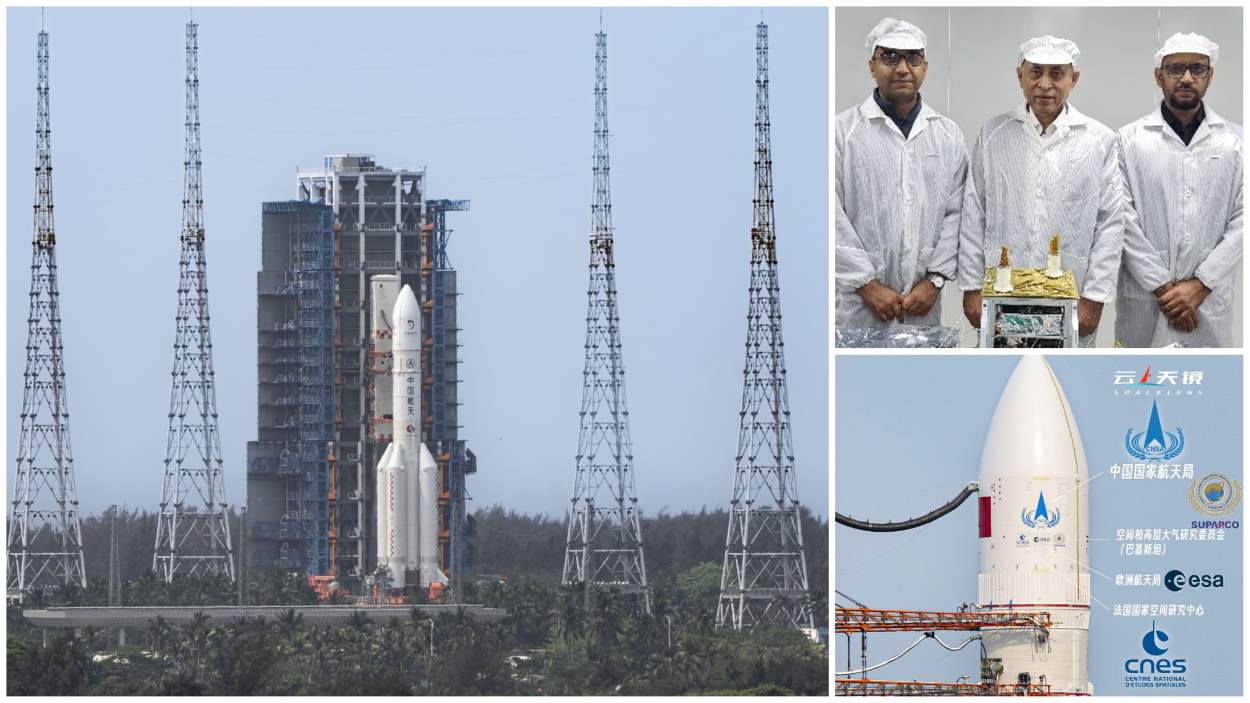The Institute of Space Technology (IST) announced that Pakistan’s groundbreaking lunar mission, ICUBE-Q, will launch on May 3 from China’s Chang’e 6 lunar probe in Hainan, China.
The satellite, ICUBE-Q, was developed by IST in partnership with China’s Shanghai University SJTU and Pakistan’s national space agency, SUPARCO. It is equipped with two optical cameras to capture lunar surface images. After successful tests and qualification, ICUBE-Q has been integrated into the Chang’e 6 mission.
Chang’e 6 represents the sixth instalment in China’s series of lunar explorations. This mission will be significant for Pakistan, including the Pakistan CubeSat Satellite, iCube-Q, developed by IST.
CubeSats, the type of satellite ICUBE-Q represents, are small, cubic-shaped satellites known for their modular design and standardized dimensions. These satellites typically weigh just a few kilograms and serve various functions, including scientific research, technology development, and educational projects in space exploration.
Commonly utilized for missions like Earth observation, atmospheric research, and communications, CubeSats allow universities, research institutions, and commercial enterprises to engage in space missions economically. These platforms test new technologies and broaden access to space, fostering collaboration within the space community.
The launch will be broadcast live on IST’s website and social media platforms. Chang’e 6 aims to land on the far side of the Moon, collect surface samples, and return them to Earth for analysis.






